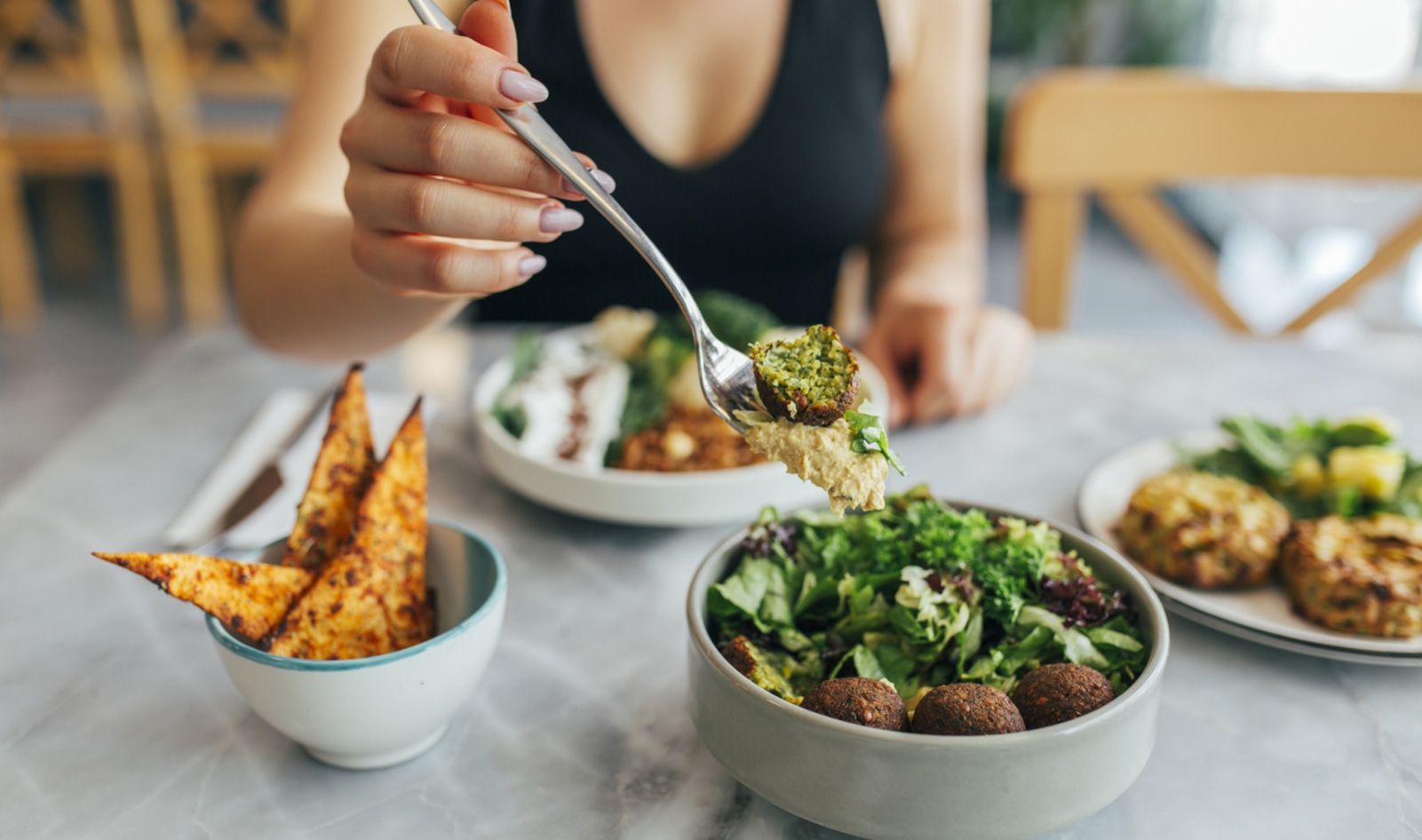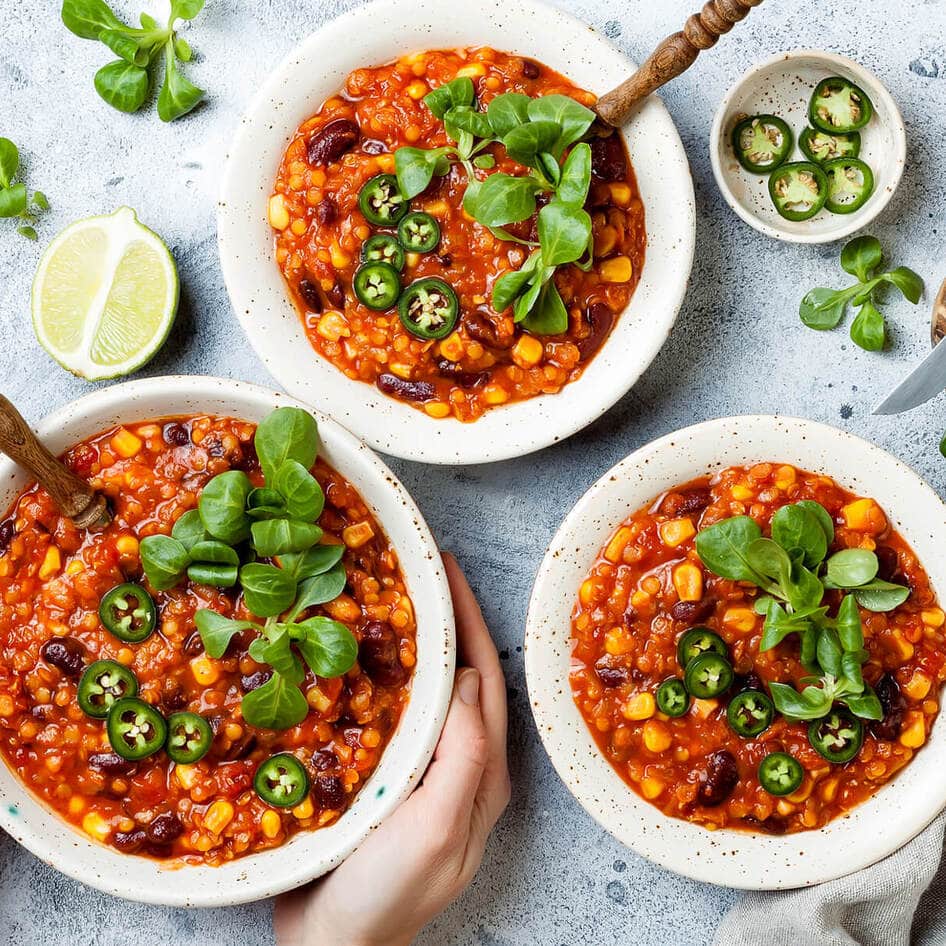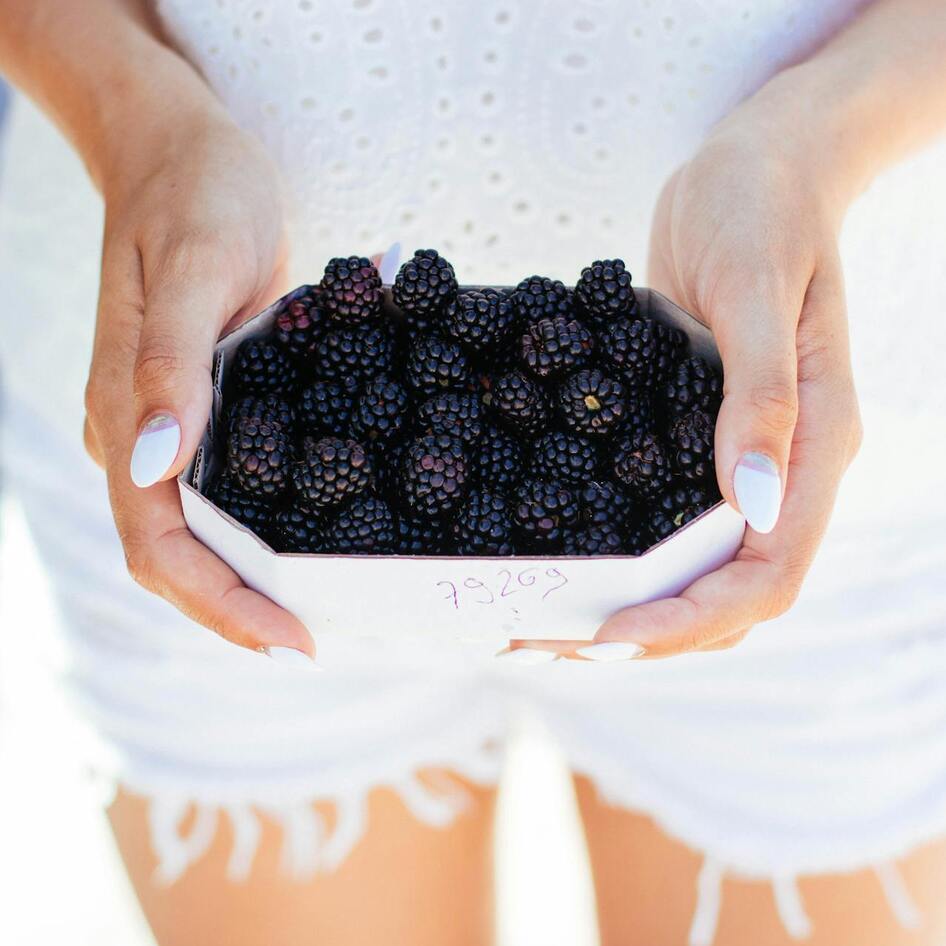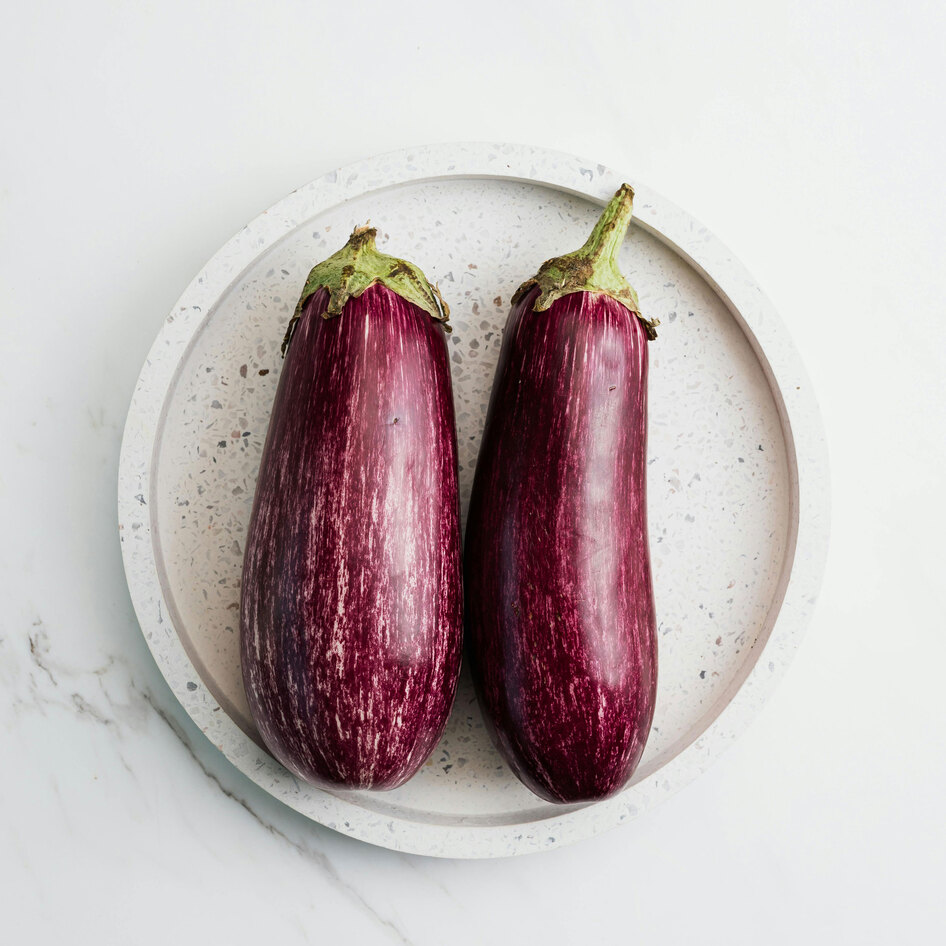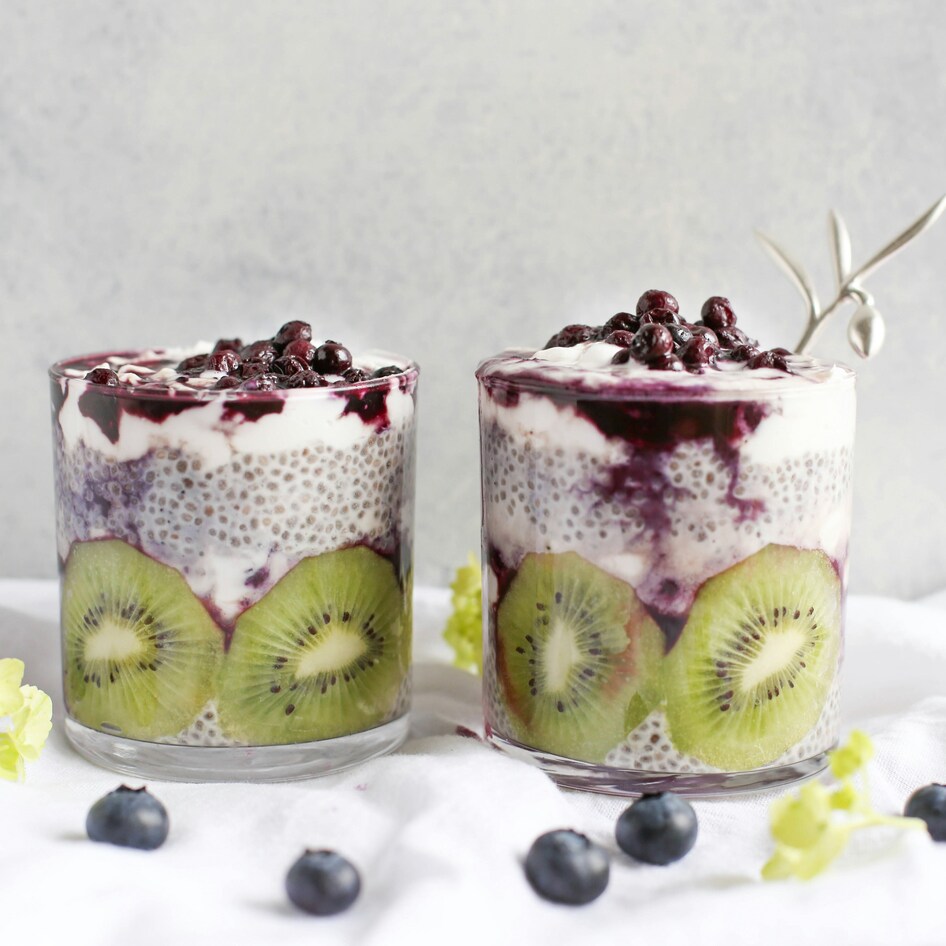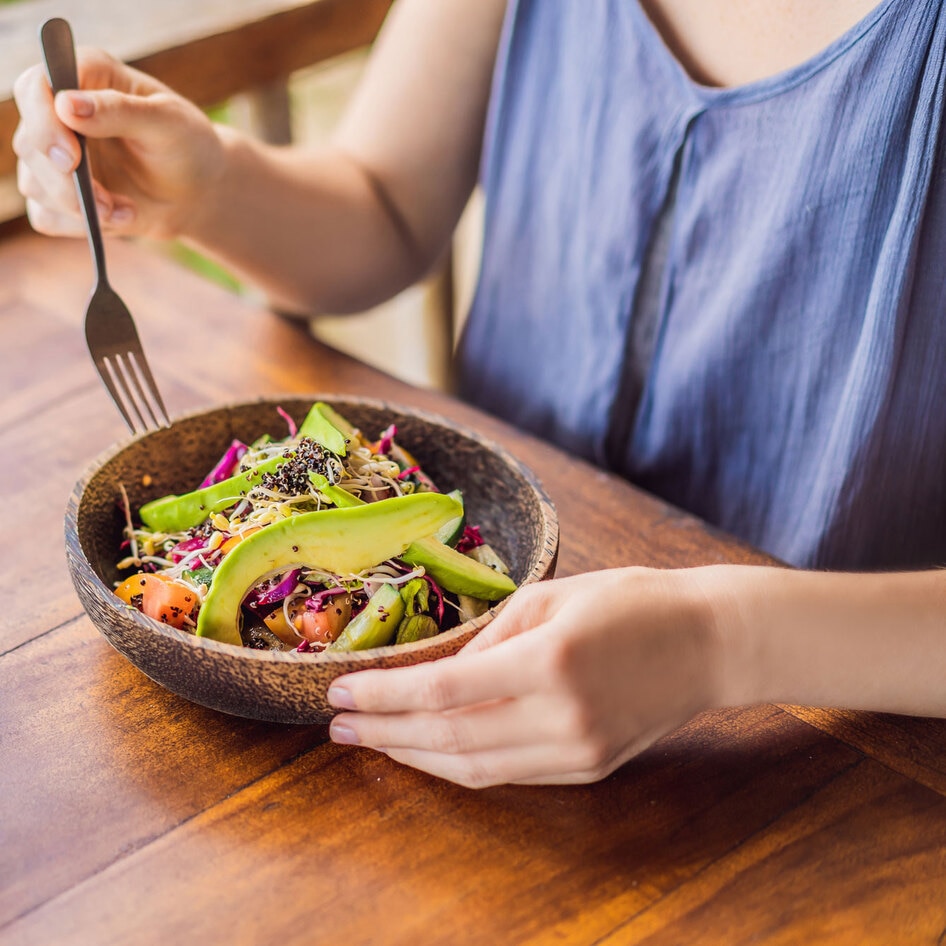Back in 2016, Kate Hudson told People that “our bodies are one large chemistry experiment.” She was talking about the alkaline diet, which, like many A-listers (including Jennifer Aniston and Gwyneth Paltrow), she reportedly “swears by.” Or at least, she used to.
The diet operates on the premise that everything we eat impacts our pH balance (hence the chemistry experiment quote). Meat, for example, is very low on the pH scale, which means it’s very acidic and should be avoided. Vegetables, however, are very high, which means they are alkaline and should be embraced.
On the face of it, the alkaline diet seems to promote a pretty healthy way of eating. After all, we know that plant-based whole foods are nutritious. But does the idea of following a pH scale to determine what you should have for dinner actually hold up? The research behind it, it turns out, is lacking.
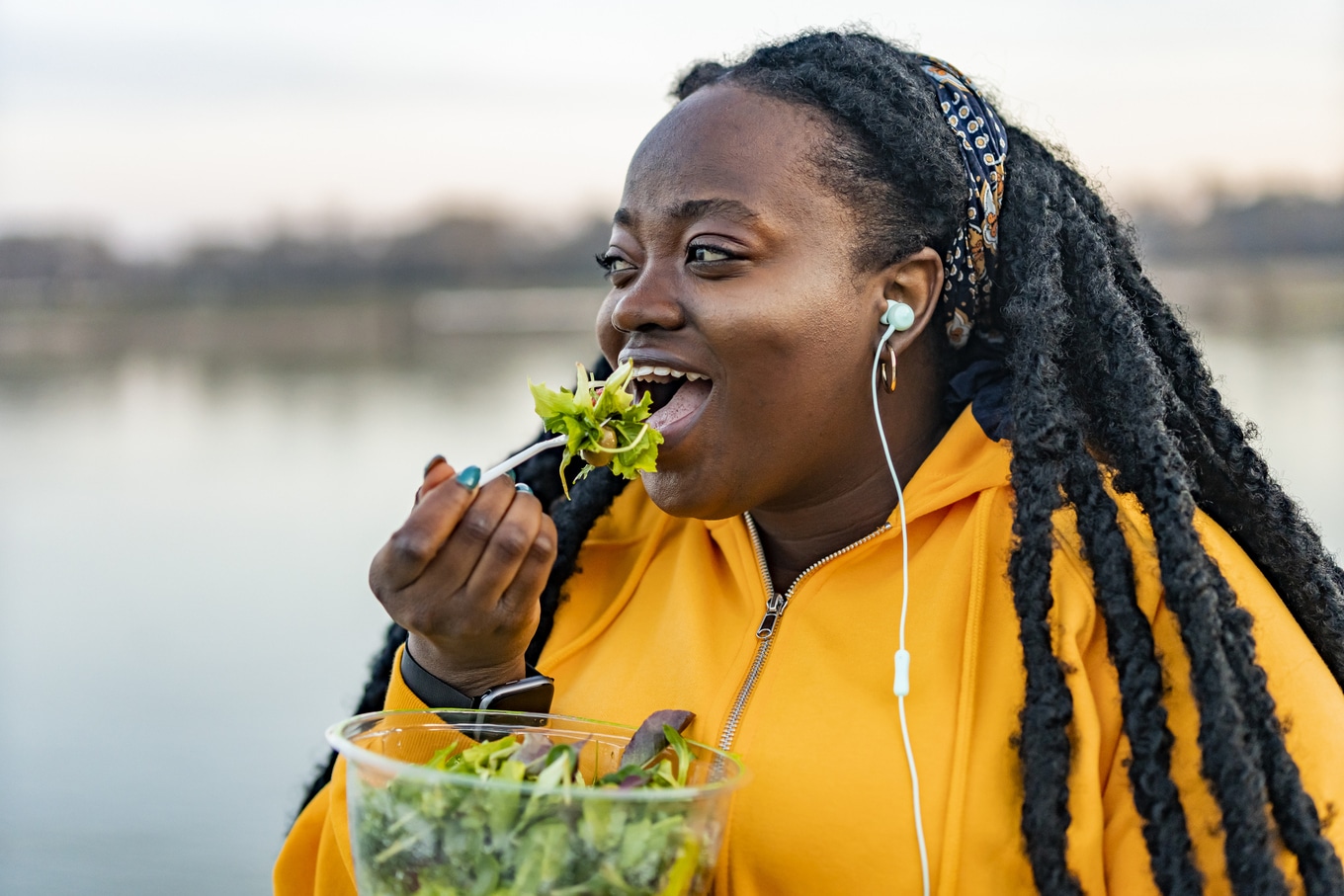 ljubaphoto/Getty
ljubaphoto/Getty
Here’s more about the alkaline diet, why you should take all of its wild health claims with a pinch of salt, but also why eating more of the foods it promotes is no bad thing. Confused? Let’s dive in.
What is an alkaline diet?
Most fans of the alkaline diet were introduced to the idea by Robert O. Young. The author wrote several books on nutrition and health in the 1990s and 2000s, but it was The pH Miracle, which hit the shelves in 2002, that really took off (since then, it has sold more than 4 million copies).
In the book, Young promotes an alkaline approach to food and nutrition. In his view, an “acidic environment” in the human body creates diseases, like cancer, and by creating a more “alkaline environment” through food, these diseases can be treated. Alkaline foods include fruits, nuts, legumes, and vegetables, while acidic foods include meat, fish, dairy, and eggs. People who follow the diet often test their urine’s pH levels to ensure their body is “alkaline.”
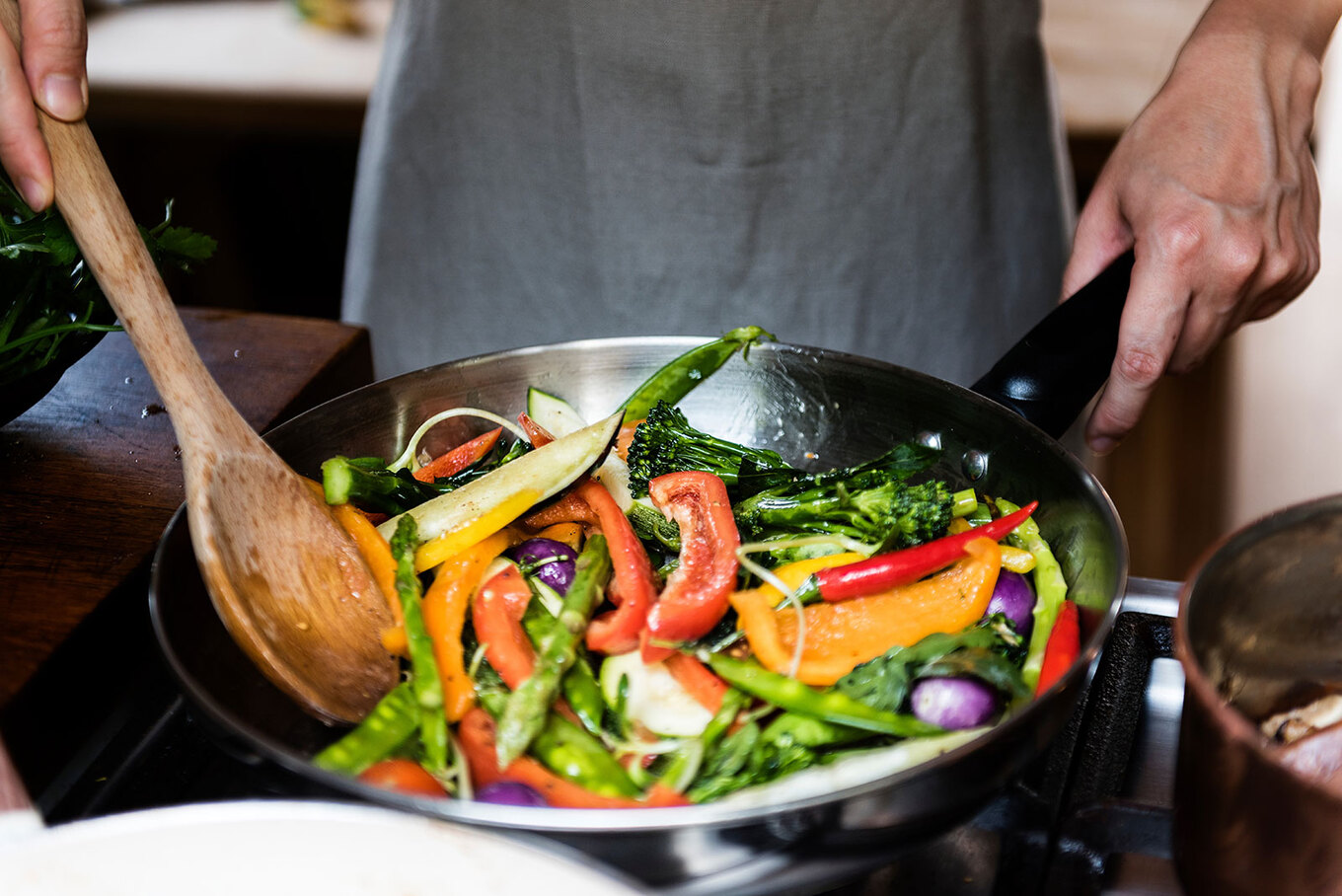 Adobe Stock
Adobe Stock
Young, dubbed the “father of the alkaline diet,” believed in this approach so much, he even attempted to treat multiple cancer patients himself at a ranch in California (called the pH Miracle Ranch).
But to be clear: scientific research does not support any of Young’s claims. And in 2017, he was even sentenced to jail time for practicing medicine without a license.
Benefits of an alkaline diet
The alkaline diet is controversial. But that said, one of the reasons it has been so popular is because the foods it promotes, like fruits and vegetables, are actually nutritious, and the foods it avoids, like processed meats, are not.
But the reason it promotes this way of eating is baseless, confirms Anthony DiMarino, RD. Quite simply, we don’t need to be worrying about pH levels when it comes to food.
“Your body is a smart machine. It regulates pH very well on its own,” he told the Cleveland Clinic.
“Our stomachs are very acidic, so they can break down food. Our skin has a slightly acidic pH to protect against bacteria. Our lungs and kidneys work to remove metabolic waste and keep our body pH where it needs to be.”
Regardless of whether they are alkaline, fruits and vegetables are healthy because they are excellent sources of vitamins, minerals, and antioxidants. And unlike the alkaline diet, a growing body of research does back up the idea that eating a diet rich in plant-based whole foods is good for us.
“[The alkaline diet] can help keep you healthy,” says DiMarino. “But not for the reasons you might think.” He later adds: “[It] encourages low-processed, whole foods, which have been shown to prevent disease in the long term, so in that respect, it can be considered a healthy eating pattern.”
Eating an alkaline vegan diet
If you choose to follow an alkaline vegan diet, it’s important to ensure you’re getting enough of all the right nutrients. People who follow this diet have various rules about what they can and can’t eat, but many will avoid lentils and some grains—which are rich sources of plant-based protein—because they are “acid-forming,” for example.
The bottom line is: if you’re changing the way you eat, you should always consult with a health or nutrition professional first to ensure you’re informed and safe, and that you’re not going to end up with any deficiencies.
Plant-based alkaline foods
Because many vegan alkaline foods are naturally rich in nutrients, they’re not going to do you any harm if you decide to include more in your diet (unless you have allergies or intolerances, of course). If you were thinking of eating more of these foods, here are a few examples to try (most of which you likely eat regularly already!).
BECOME A VEGNEWS VIP: Get exclusive product deals, freebies, and perks galore!
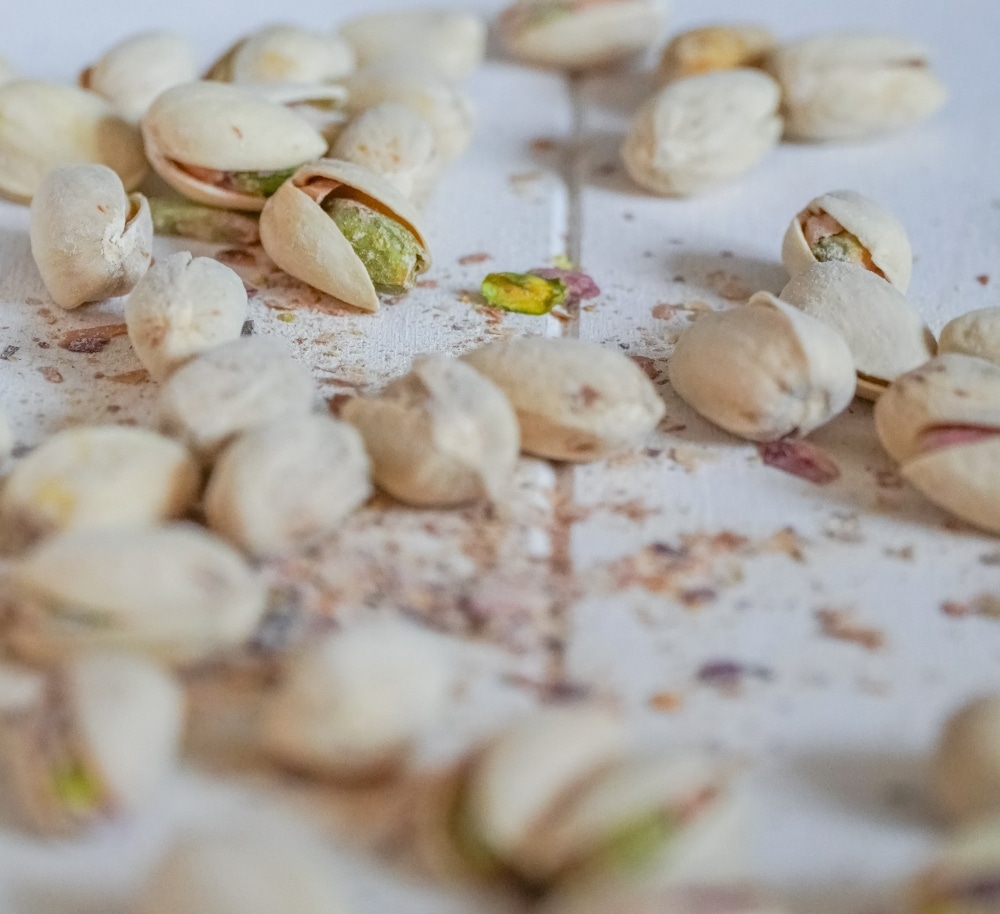 Unsplash
Unsplash
1
Nuts
Alkaline diet-friendly nuts include peanuts, almonds, pecans, and pistachios. These are also great sources of plant-based protein; just 100 grams of peanuts, for example, contain 26 grams of protein. Nuts are also a good source of heart-healthy unsaturated fat, as well as iron and vitamin E.
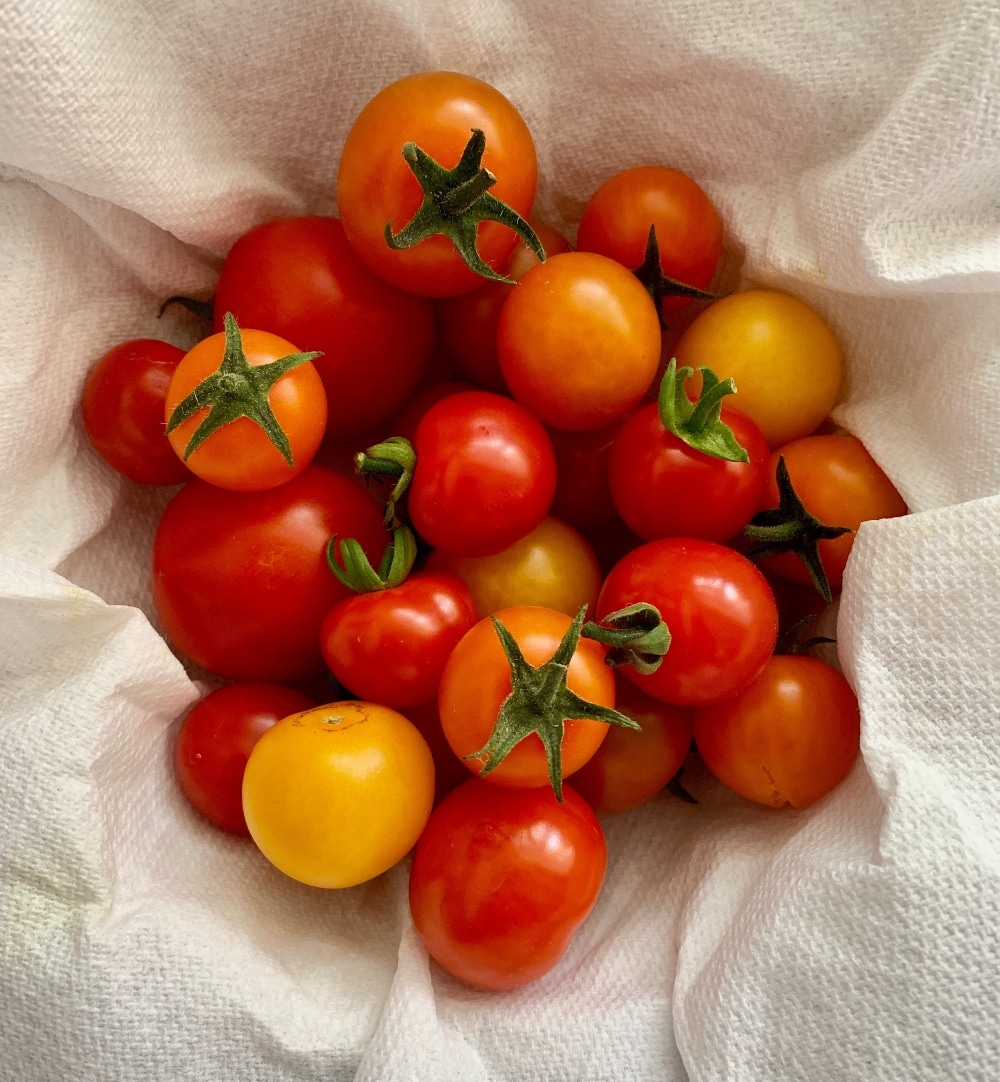 Unsplash
Unsplash
2 Fruit
Although many fruits—such as lemons, tomatoes, and limes—contain citric acid, they are still allowed on an alkaline diet. This is because, while they are acidic, they are not “acid-forming” in the body, notes Greatist. If you want to eat more alkaline foods because you’re suffering from acid reflux, however, fruits like fresh tomatoes are not advised.
Unsweetened, unprocessed fruit juices are also consumed on the alkaline diet, most of which are good sources of nutrients, like vitamin C and potassium.
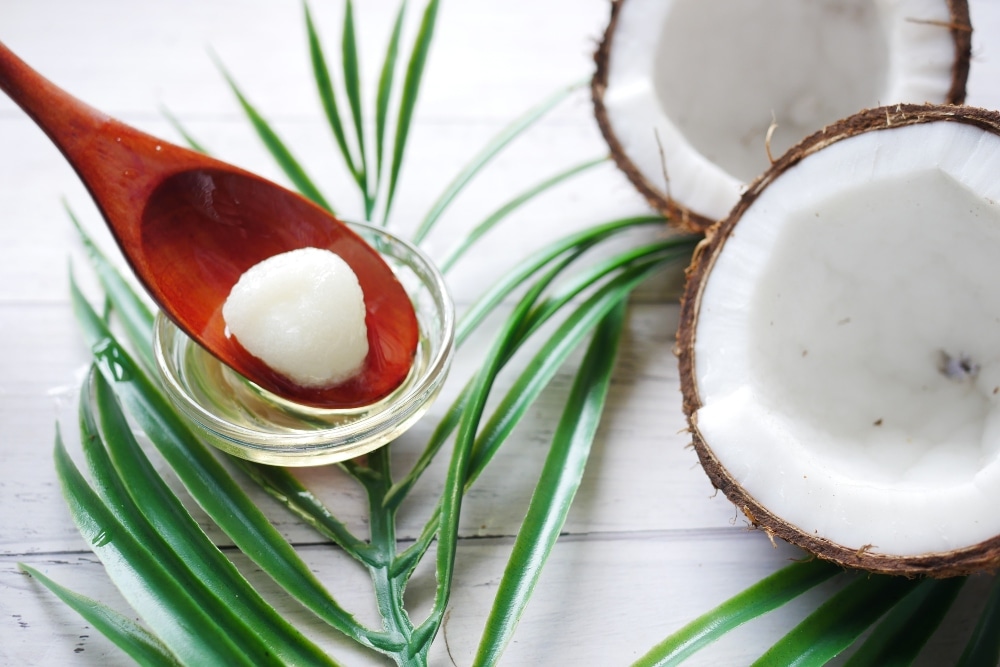 Unsplash
Unsplash
3 Coconut oil
For cooking, many people who follow an alkaline diet will choose coconut oil. Some have labeled this cooking oil as a “superfood,” but it’s important to remember it does contain high amounts of saturated fat.
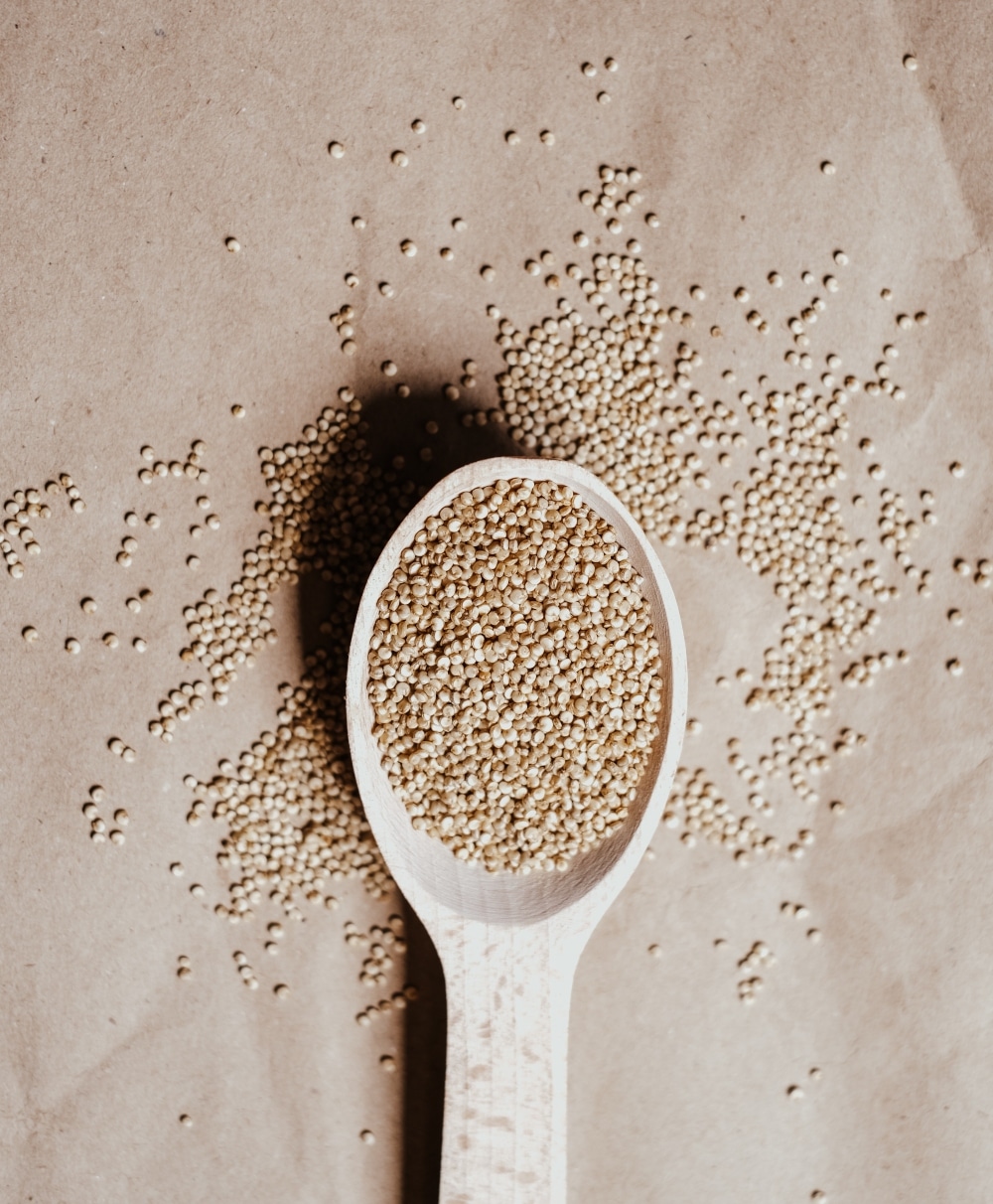 Pexels
Pexels
4 Grains
A handful of grains, but not all, are considered naturally alkalizing. According to the Cleveland Clinic, wild rice, oats, and quinoa are “some of the pillars of an alkaline diet.” All are good plant-based sources of carbohydrates too, as well as fiber and protein.
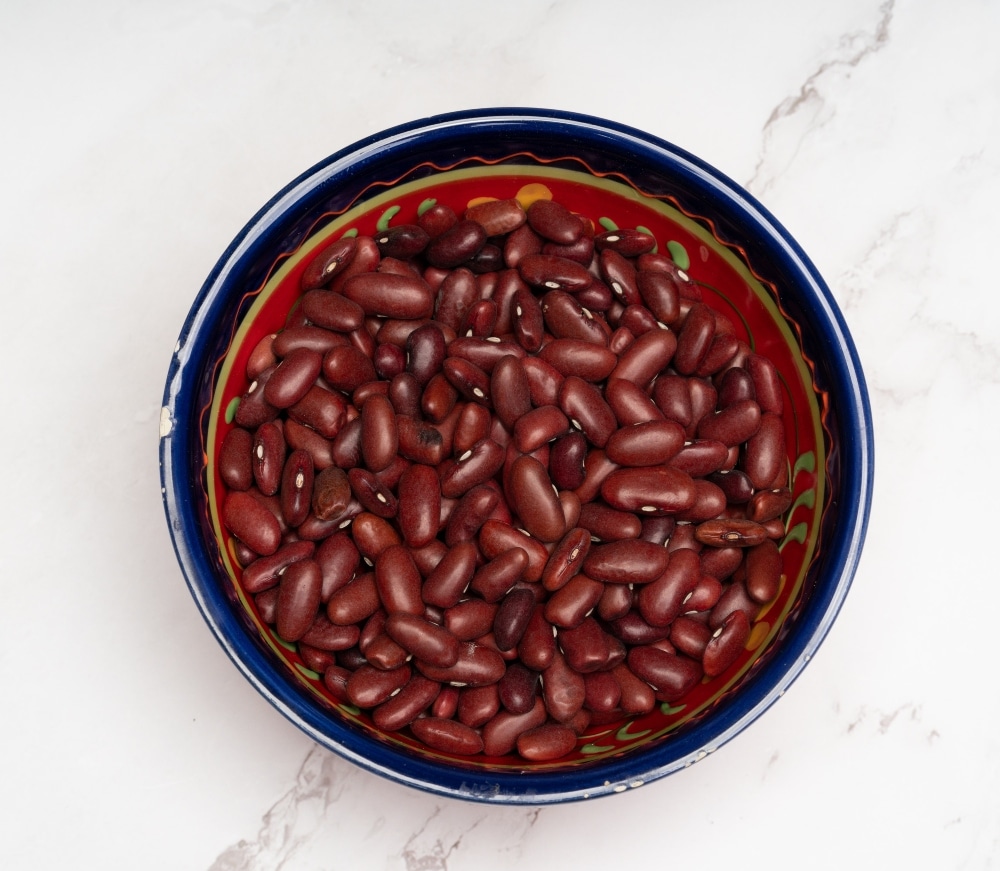 Pexels
Pexels
5 Legumes
Some legumes, like kidney beans and peas, are alkaline foods. And they’re also incredibly nutritious. Kidney beans are a source of iron, as well as phosphorus, potassium, protein, and fiber. Peas are also a good source of protein, as well as vitamin C, fiber, and potassium.
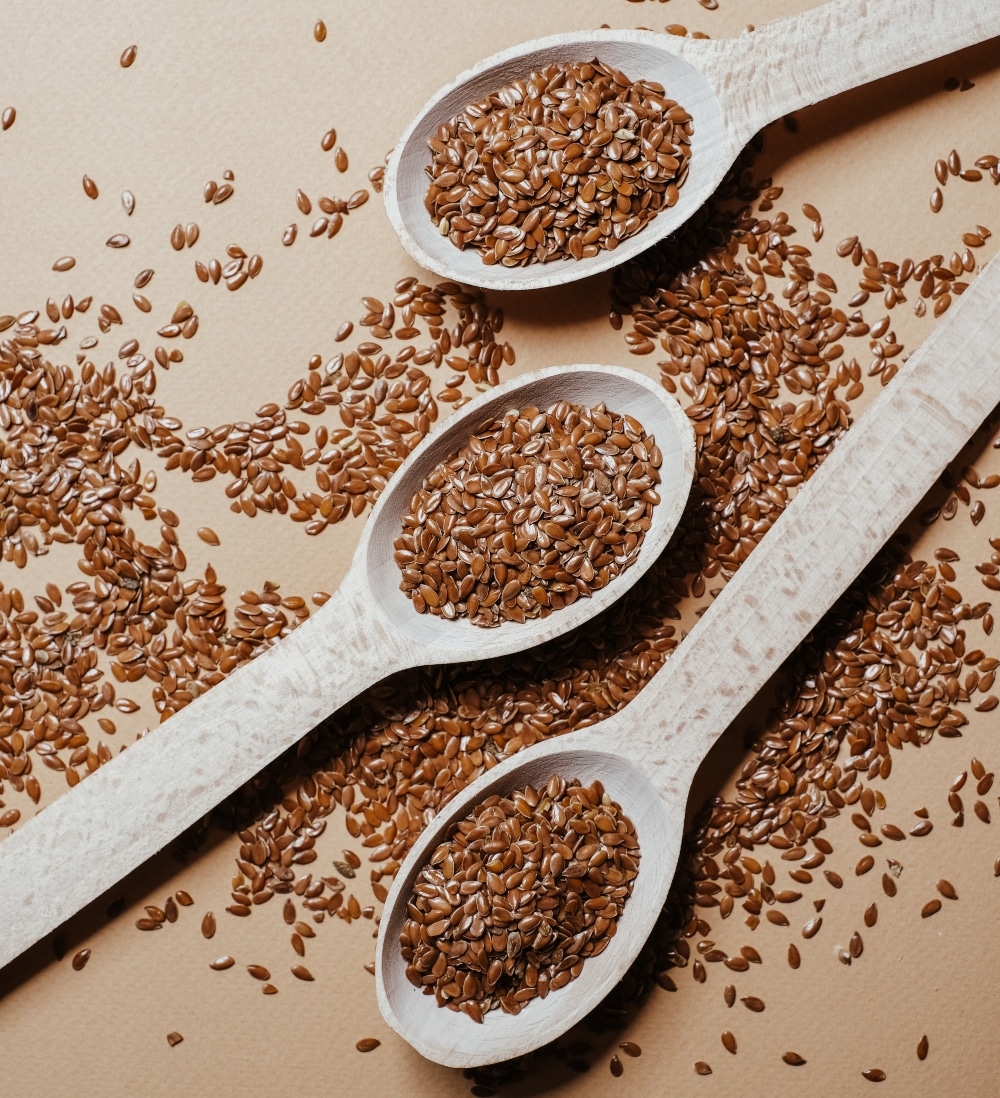 Pexels
Pexels
6 Seeds
Both chia seeds and flax seeds are alkaline diet-approved. This is good news because both are good sources of omega-3 fats, as well as carbohydrates, fiber, calcium, and iron.
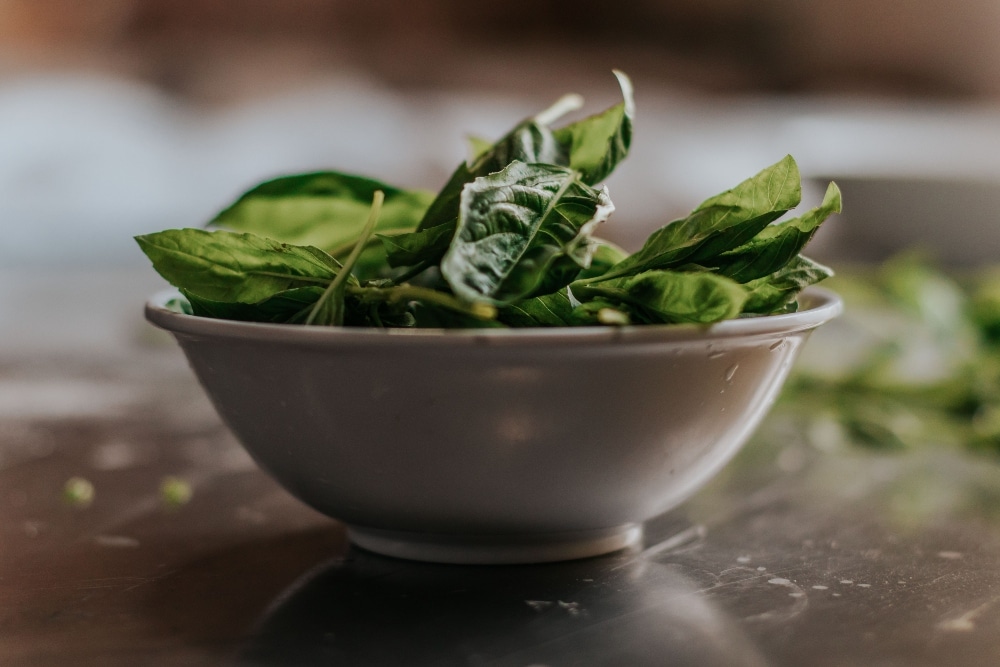 Pexels
Pexels
7 Vegetables
Both leafy greens (like spinach and kale) and root vegetables (like carrots and sweet potatoes) are eaten in abundance on an alkaline diet. All are excellent sources of nutrients, including vitamin C, iron, fiber, and antioxidants, which are molecules that help repair damaged cells in the body.
For more plant-based stories like this, read:
JUMP TO ... Latest News | Recipes | Guides | Health | Subscribe

